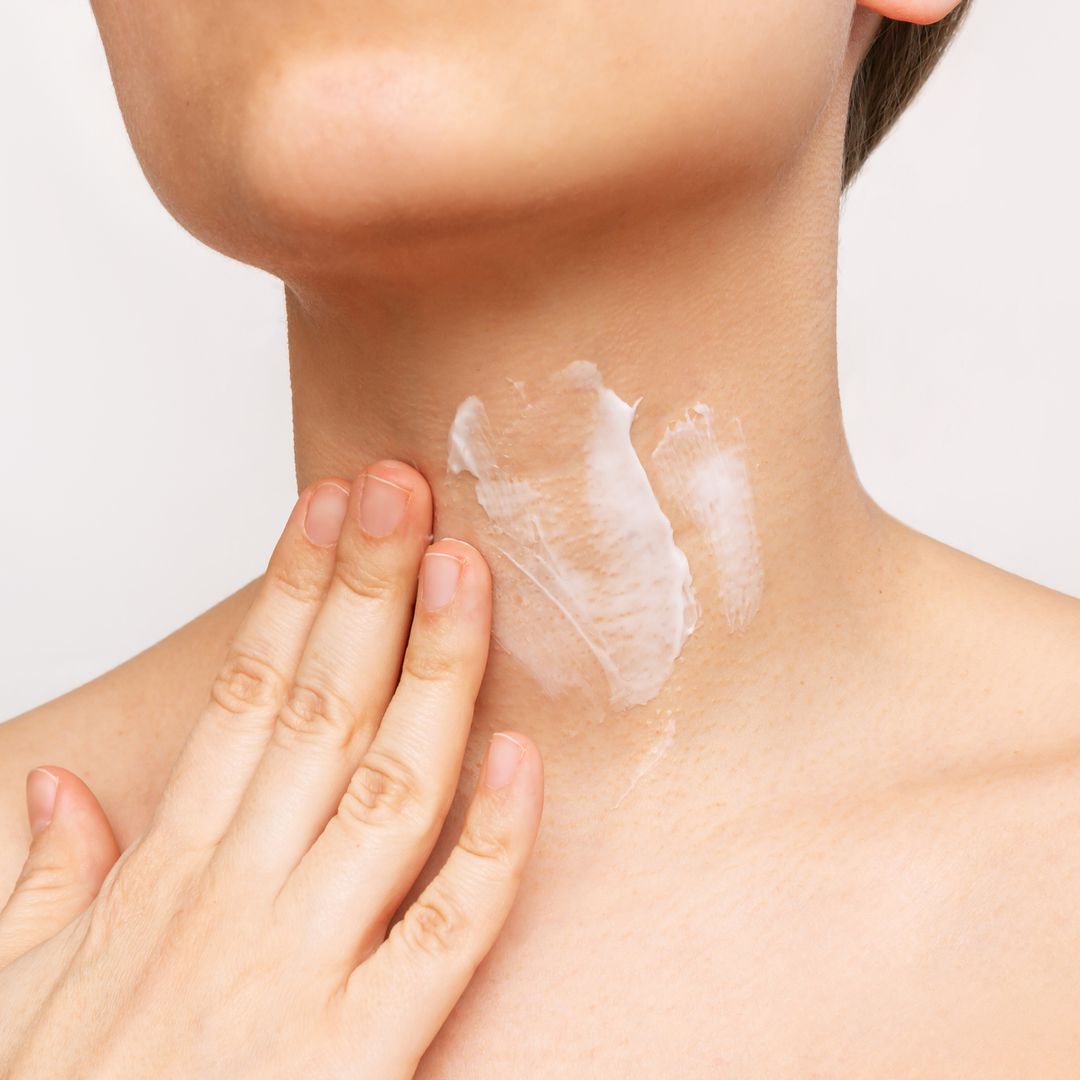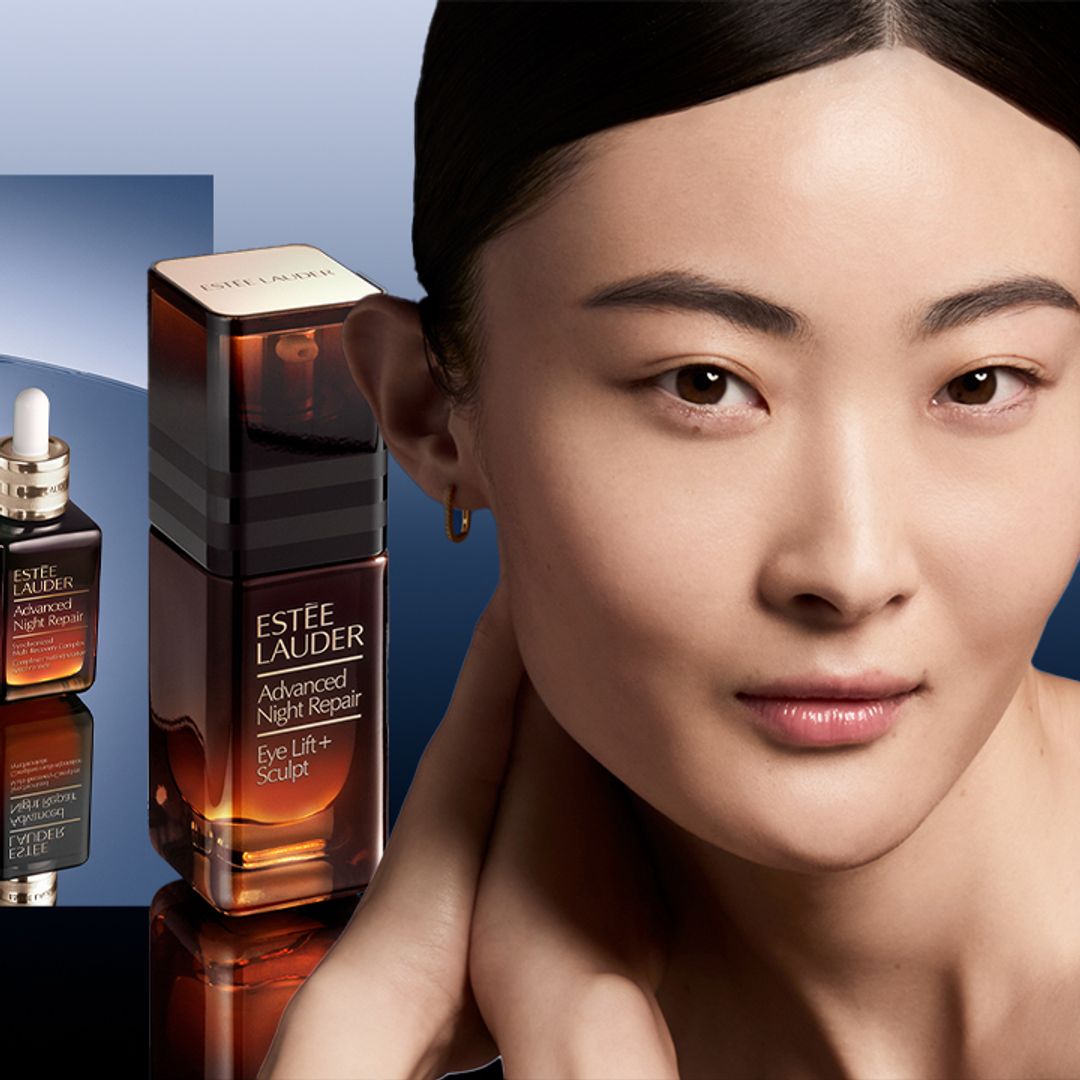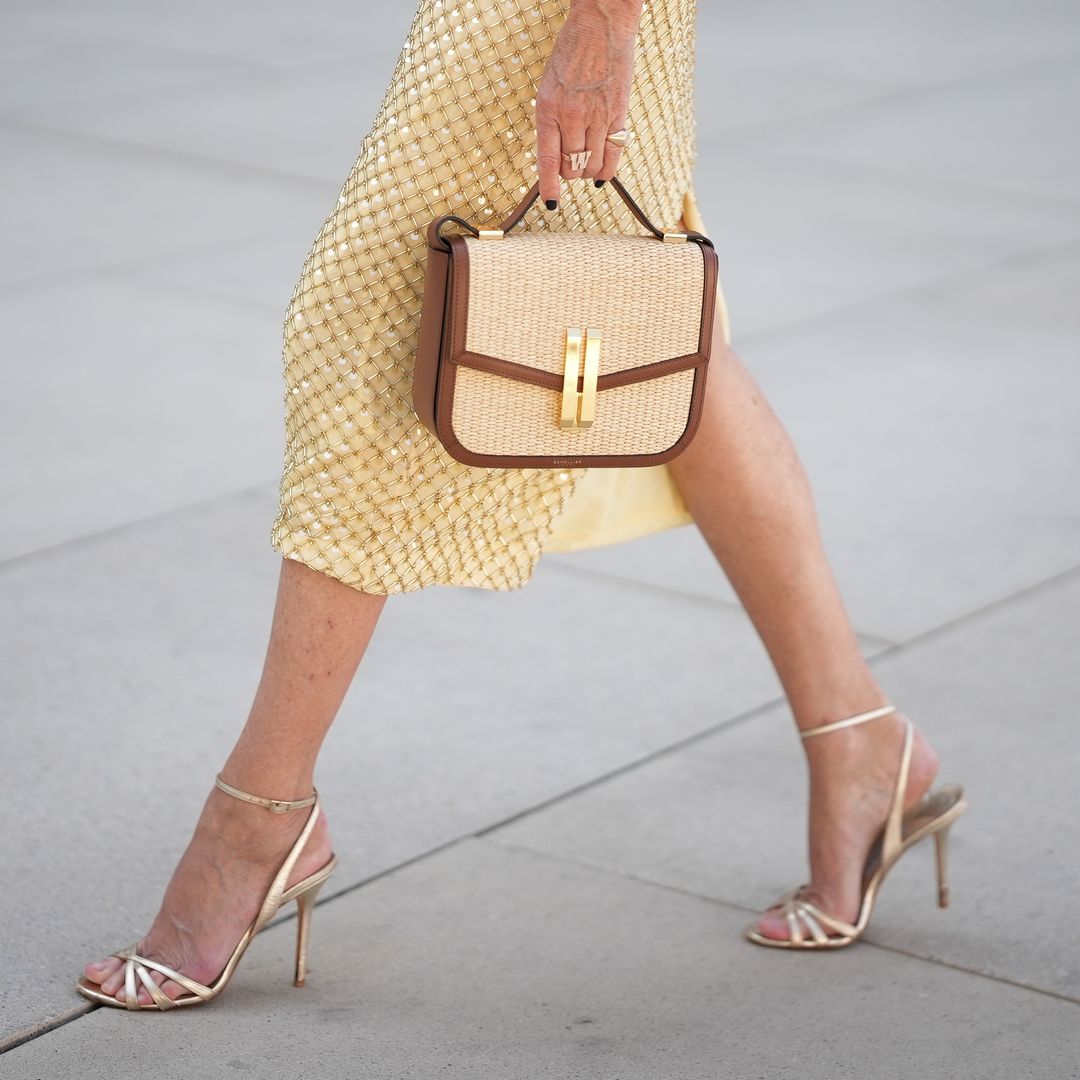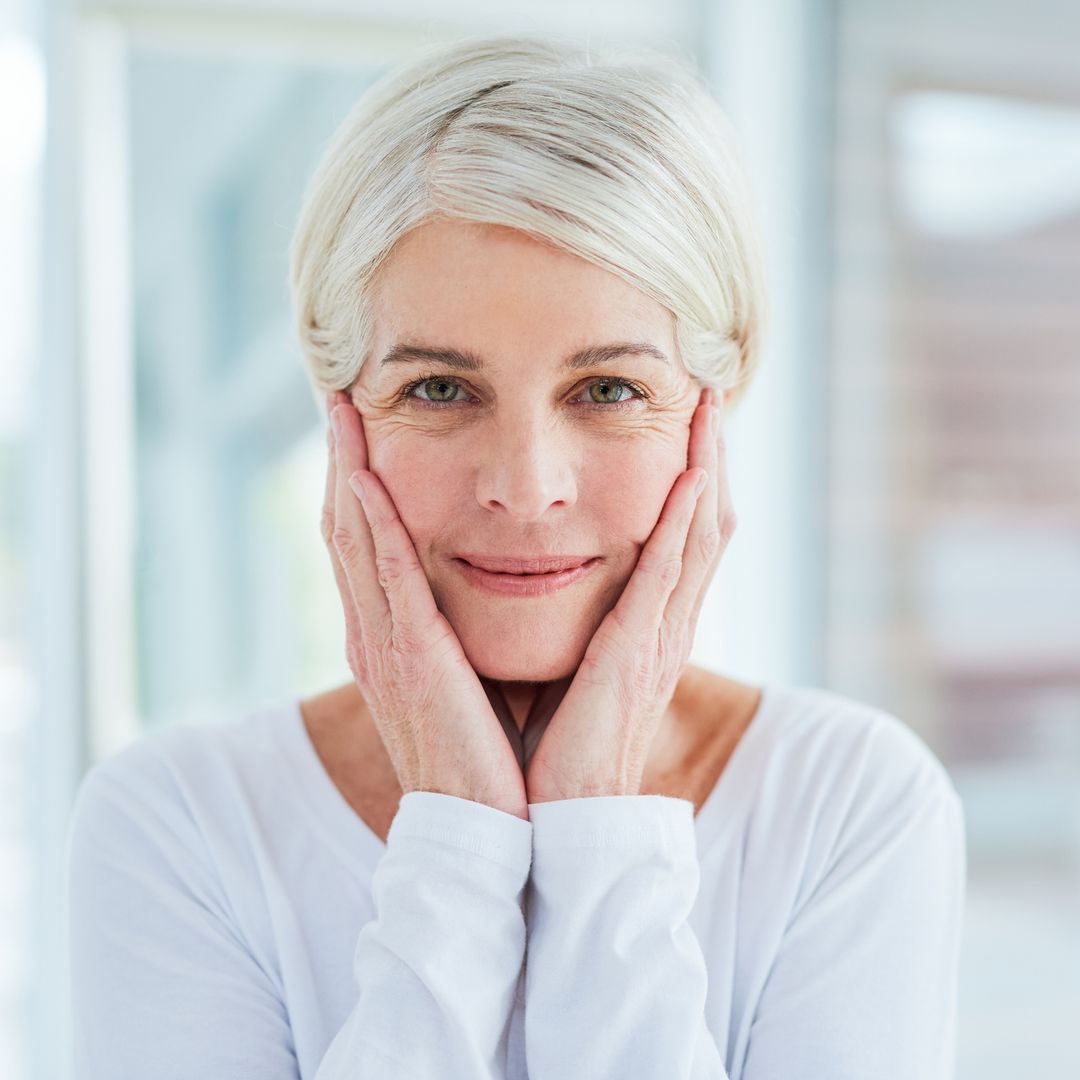Think back to when your skin looked its absolute best. Chances are it wasn't post-breakup or during a particularly sleepless, stress-filled week at work. That elusive holiday glow? It's not just vitamin D or finding the mental capacity to grapple with a face mask, it’s your fascia unfurling and your body releasing the year’s built-up stress.
As neurocosmetics (products proven to alter the chemicals in your brain, to calm or energise, depending on your needs), move from niche to mainstream, research is confirming what we've long suspected; our emotions are etched into our skin. Trend forecasting agency WGSN predicts that by 2026, skin will be seen as an outer reflection of our inner emotional state, ushering in a new era of 'emotional beauty'. From oxytocin-boosting skincare to functional fragrances, the beauty industry is already racing to support the skin-brain connection. But beyond stress spots and redness flare-ups lies a deeper question; can emotions actually influence how we age?
Facing facts
"Most people don't realise the impact of psychological health on skin," says Dr. Alia Ahmed (aka @the_psychodermatologist). "Emotional distress triggers cortisol, which weakens the immune system leaving skin less able to defend itself as well as disrupting the skin barrier."
Dr. Alia notes that while short-term stress (i.e. feeling anxious before a presentation) can cause temporary issues such as flushing, long-term or chronic stress is where the damage sets in with ongoing inflammation showing up as conditions such as psoriasis, eczema and even premature ageing, thanks to collagen breakdown and DNA damage.
The age of emotion
'Emotional skin aging' describes how negative emotions accelerate the aging process, quite literally adding years to our faces. Stress-driven habits (such as drinking or biscuit-binging) as well as restricted sleep offer a double whammy of 'inflammaging' and can affect the aesthetic facial appearance says Elise Letang, Head of Marketing at luxury French neurocosmetics brand Neurae. "Unlike genetic aging, it's shaped by life experiences and how we manage our emotions, positive or negative. Because the skin and nervous system share the same embryonic origin, they've been wired to 'speak' to each other since birth. That's why neurotransmitters and facial muscles play such a powerful role in how emotions leave their imprint over time."
Put on a happy face
According to Dr. Alia, low mood and depression are often associated with sad facial expressions such as deep vertical frown lines. When these expressions are repeated over long periods, they etch themselves into the skin. "Sadness recruits muscles called 'depressors' which pull the face downwards while joy activates 'elevators' which life it," explains Elise. "The way we feel doesn't just shape our mood, it actively shapes how we age," adds Lisa Franchi, GM of pioneering Swiss longevity brand Loya. "Even when positivity feels forced, research shows optimism boosts resilience, lowers stress and promotes longevity. Protecting emotional well-being isn't just good for mental health, it's a cornerstone of healthy, youthful skin."
Cue the new wave of mood-boosting, skin-strengthening formulas created to counteract emotional skin ageing, including Neurae's 'The Harmonie Sleeping Mask', £98 / $140, which contains a neuro-ingredient that mimics the effect of melatonin to shield skin from stress-induced inflammation. Dermalogica's NeuroTouch Symmetry Serum, £139 / $185, is also worth a try. It works with a signature sculpting technique to quite literally turn that frown upside down. For an ultra soothing option, try Olverum's 'Pro Cellular Night Cream', £80. It's beauty sleep in a bottle thanks to a soporific blend of lavender, Chamomile and Ylang Ylang, which promote alpha and theta brainwaves to induce calm and assuage anxiety.











